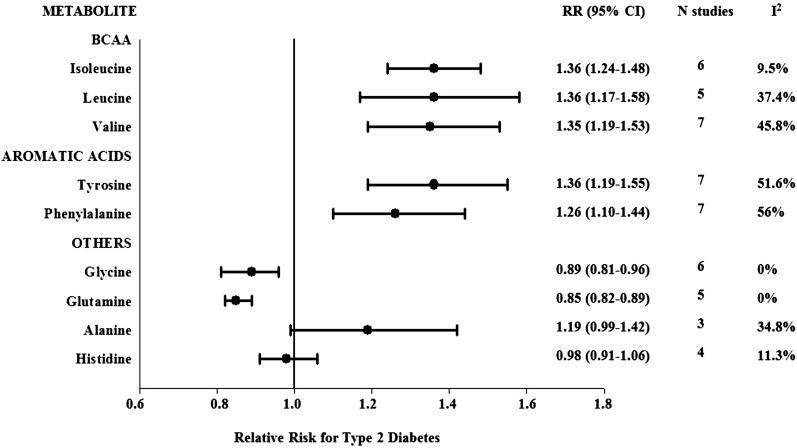Branched-chain amino acids (BCAAs), including valine, leucine, and isoleucine, play a crucial role in human metabolism, and their precise monitoring is essential for understanding and optimizing metabolic health. In this context, Nuclear Magnetic Resonance (NMR) emerges as a powerful tool for detailed monitoring of these amino acids and their impact on metabolism.
NMR allows non-invasive and highly accurate assessment of BCAA levels, providing crucial information about their concentration and dynamics in different tissues and biological fluids. This precise measurement capability is essential for unraveling the complexity of metabolic interactions and understanding how BCAAs influence key processes such as protein synthesis, energy generation, and metabolic homeostasis.
The monitoring of BCAAs by NMR has become essential in researching metabolic conditions such as insulin resistance, obesity, and type 2 diabetes [1,2]. The ability of NMR to provide detailed metabolic profiles reveals subtle changes in BCAA levels, acting as early indicators of potential metabolic imbalances [2].
Furthermore, NMR facilitates the understanding of how nutritional interventions and lifestyle changes affect BCAA levels. This information is crucial for designing personalized strategies for managing and preventing metabolic diseases, optimizing health through approaches tailored to individual needs.
Therefore, monitoring branched-chain amino acid levels in the blood provides valuable information about an individual’s metabolic status and overall health. This comprehensive insight is crucial for both the prevention and management of metabolic diseases.

[1] Guasch-Ferré, M., Hruby, A., Toledo, E., Clish, C. B., Martínez-González, M. A., Salas-Salvadó, J., & Hu, F. B. (2016). Metabolomics in prediabetes and diabetes: a systematic review and meta-analysis. Diabetes care, 39(5), 833-846.
[2]Ruiz-Canela, M., Guasch-Ferré, M., Toledo, E., Clish, C. B., Razquin, C., Liang, L., … & Martínez-González, M. A. (2018). Plasma branched chain/aromatic amino acids, enriched Mediterranean diet and risk of type 2 diabetes: case-cohort study within the PREDIMED Trial. Diabetologia, 61, 1560-1571.


